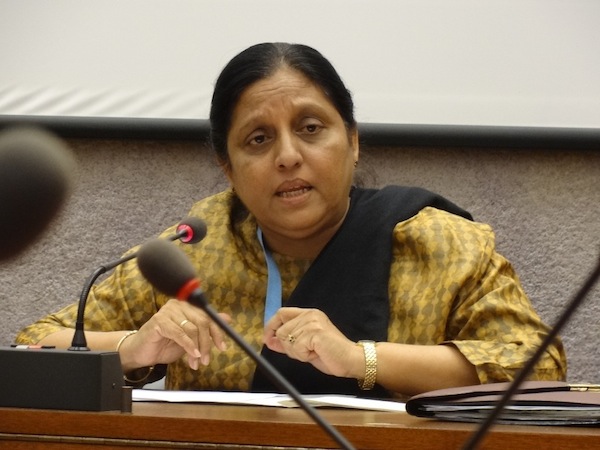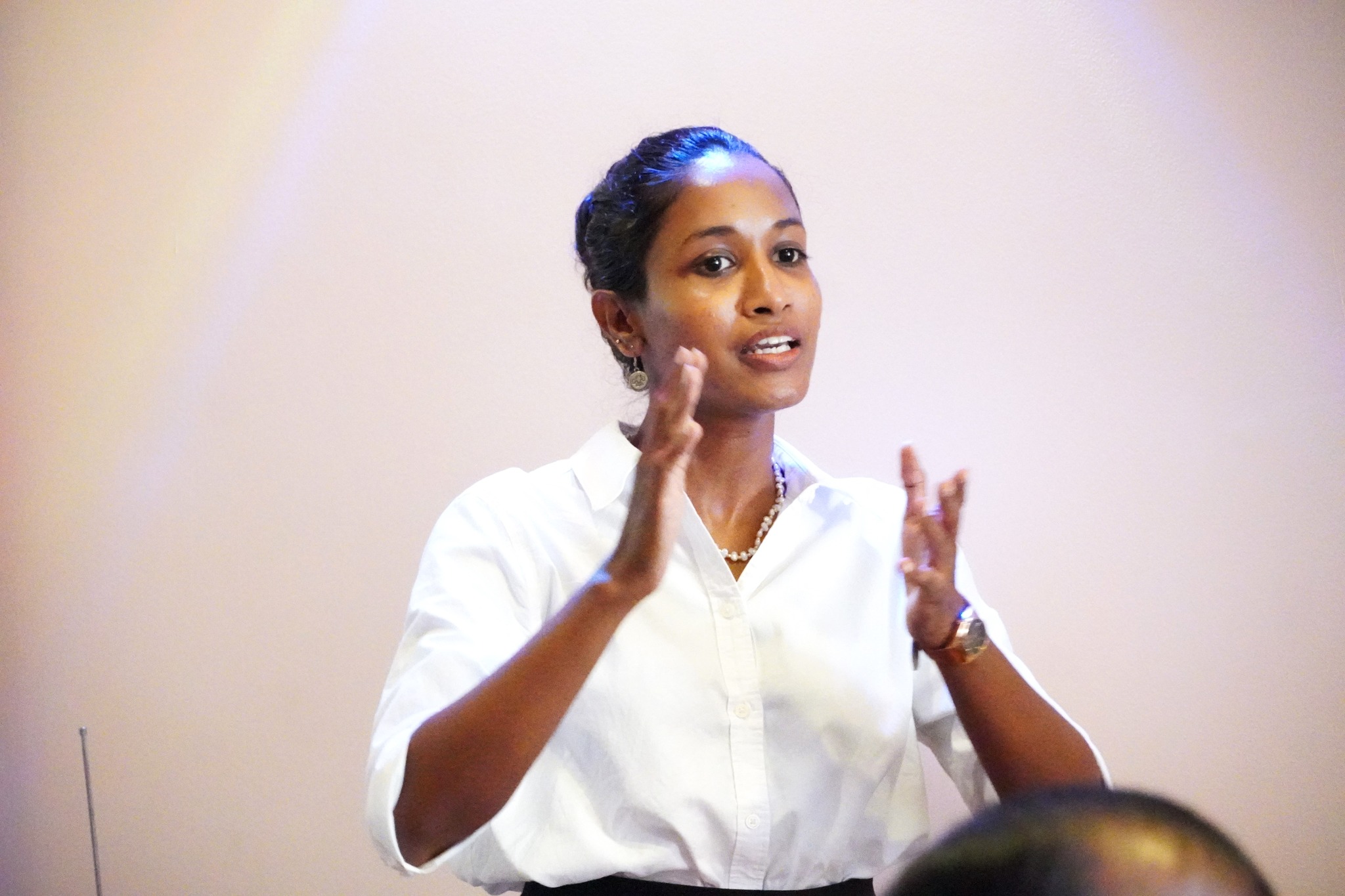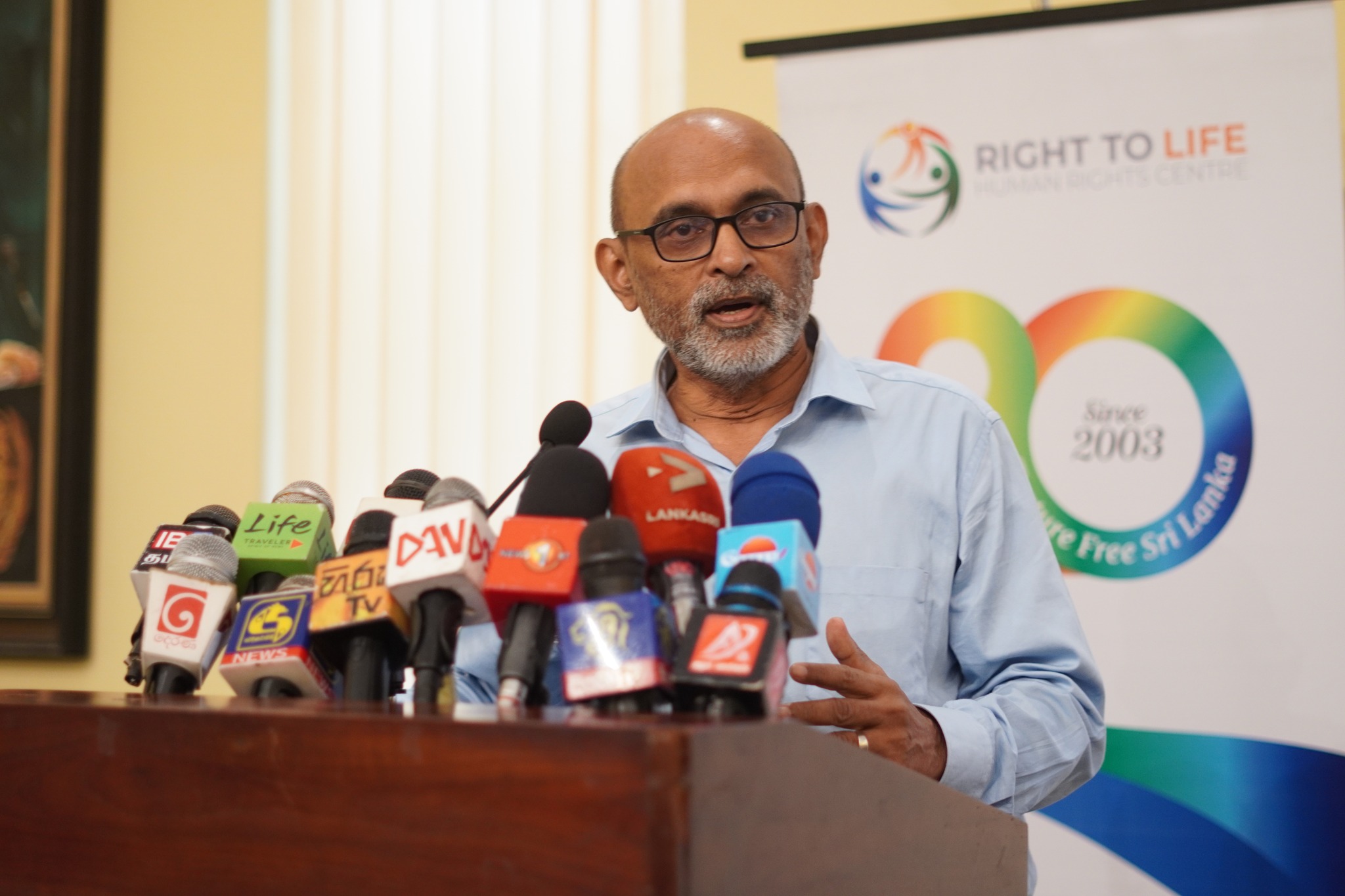Despite living in the United States under political asylum with his family for nearly 15 years, Poddala Jayantha considers the country foreign to him. He says the pain from the iron plates implanted in his bones after they were crushed during torture intensifies in cold weather, making life there difficult. He reiterates that his forced exile was not due to a simple dispute over the boundaries of his property but because of his commitment to justice and his profession as a journalist.
On June 1, 2009, journalist Poddala Jayantha was abducted. At the time, he worked for the state-owned Lake House media organization and was known for his investigative reporting in Silumina newspaper, exposing numerous cases of theft of public property, fraud, corruption, and irregularities.
Additionally, Jayantha was a leader in media organizations. As the General Secretary of the Sri Lanka Working Journalists Association, which had over 1,000 members, he collaborated with the Free Media Movement and three other media organizations to form a coalition to combat media suppression. During a time when issues affecting freedom of speech and expression frequently arose, these media organizations even held two protests in some weeks, Jayantha recalls.
“Harassing journalists and attacking media institutions was normalising during that period. The right of the public to be informed was under threat. We were afraid that this situation would become perpetual. If that happened, the public would also adapt to it,” Jayantha says.
Due to ongoing threats, Jayantha stayed in a safe house in Embuldeniya in Nugegoda, close to the capital city. He was abducted in broad daylight as he walked outside of the safehouse, blindfolded, had his hands and feet bound, and was brutally tortured inside a van. His legs were broken, his fingers were smashed, and his hair and beard were shaved off before he was dumped on the roadside. He spent 28 days receiving treatment in a hospital.
Jayantha says that even while he was in the hospital, Senior Police Officer Deshabandu Tennakoon and an officer from Mirihana police attempted to pressure him during his statement recording. When he identified the then-Secretary of Defense, Gotabaya Rajapaksa, as a suspect, they refused to record the statement. Mirihana Police reported the incident to the Gangodawila Court, but they failed to refer him to a Judicial Medical Officer. Jayantha lodged a complaint with the Sri Lanka Human Rights Commission about the incident.
After being discharged, Jayantha spent six months recovering at home before securing political asylum in the United States with the assistance of media organizations, civil society leaders, and diplomatic offices.
“Before the Good Governance Government came to power, during the election period, they used information about journalists like Lasantha Wickrematunge, Prageeth Eknaligoda, and over 40 other murdered journalists in their campaigns. But after gaining power, nothing was done. When I returned to Sri Lanka in 2017 to file a complaint with the Criminal Investigation Department (CID), they initially refused to accept it without the approval of the IGP at the time, Pujith Jayasundara. Only after his approval was the investigation initiated, but no legal action was taken, and the case remains inactive,” Jayantha explains.
He emphasizes that impunity cannot be allowed to prevail and vows to continue his struggle. After the new Sri Lankan government came to power in 2024, Jayantha filed a fresh written complaint with the CID.
By now, much of the evidence has been lost. The original medical reports Jayantha provided during his complaint are missing from the files, and the hospital, following standard protocol, has destroyed records older than ten years. “Unless a case is considered special, I’m just another patient who came for treatment. Hospitals need to digitize and secure the data of patients who face such ordeals,” he says.
Before being tortured, Jayantha, along with the President of the Sri Lanka Working Journalists Association, Sanath Balasuriya, met with the Secretary of Defense Gotabaya Rajapaksa. During this meeting, media managers Lakshman Hulugalle and Bandula Padmakumara were present, and they were threatened. “The scale of human rights violations committed by the government at that time was beyond their own understanding. Investigations began after the Good Governance Government came to power, which is why they wanted to regain power. I don’t believe they left any evidence behind, after they regained power in 2019,” Jayantha notes.
He states that the risks faced by exiled journalists like himself remain high in Sri Lanka. To ensure media freedom in the country, crimes against journalists and media institutions must end.
“What else was the reason for breaking my legs? It was the pen in my hand. It was because of the investigative reports we wrote about corruption and public fund fraud. When no action was taken on what we exposed, we filed complaints. I personally filed 14 complaints with the Bribery Commission. Instead of breaking our legs, if they had resolved the issues we highlighted, Sri Lanka wouldn’t be in this economic crisis.”
Poddala Jayantha is a symbolic victim of media repression during the war. Justice must be served not only for him but also for all the journalists who were tortured, murdered, or disappeared.


